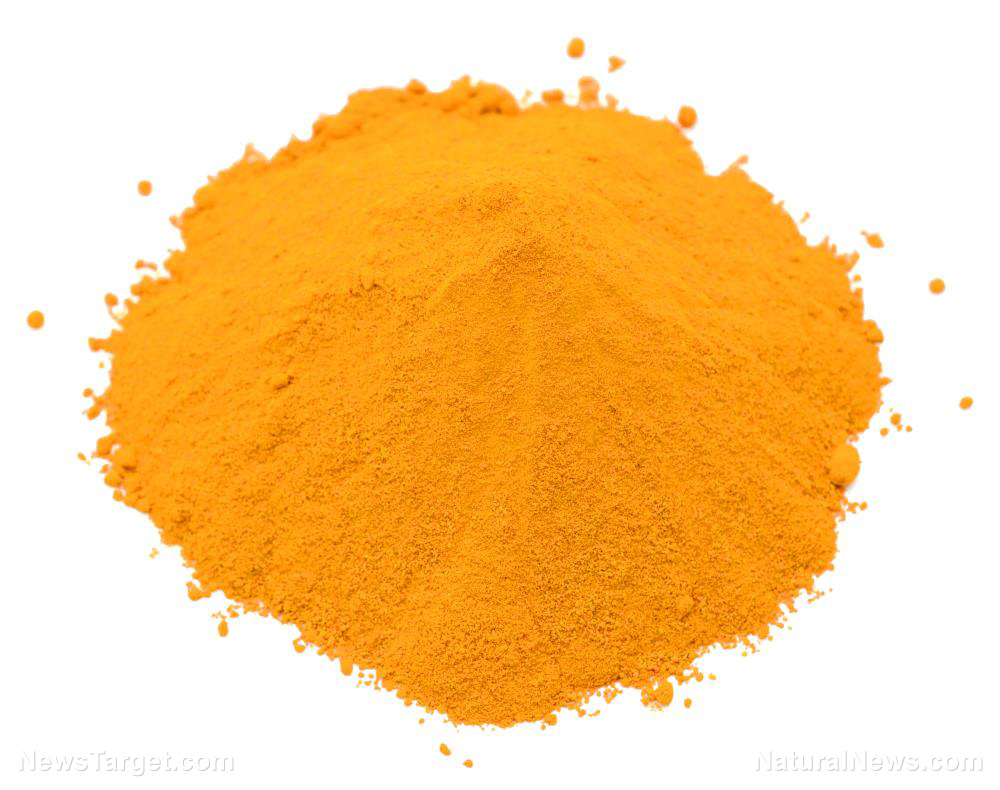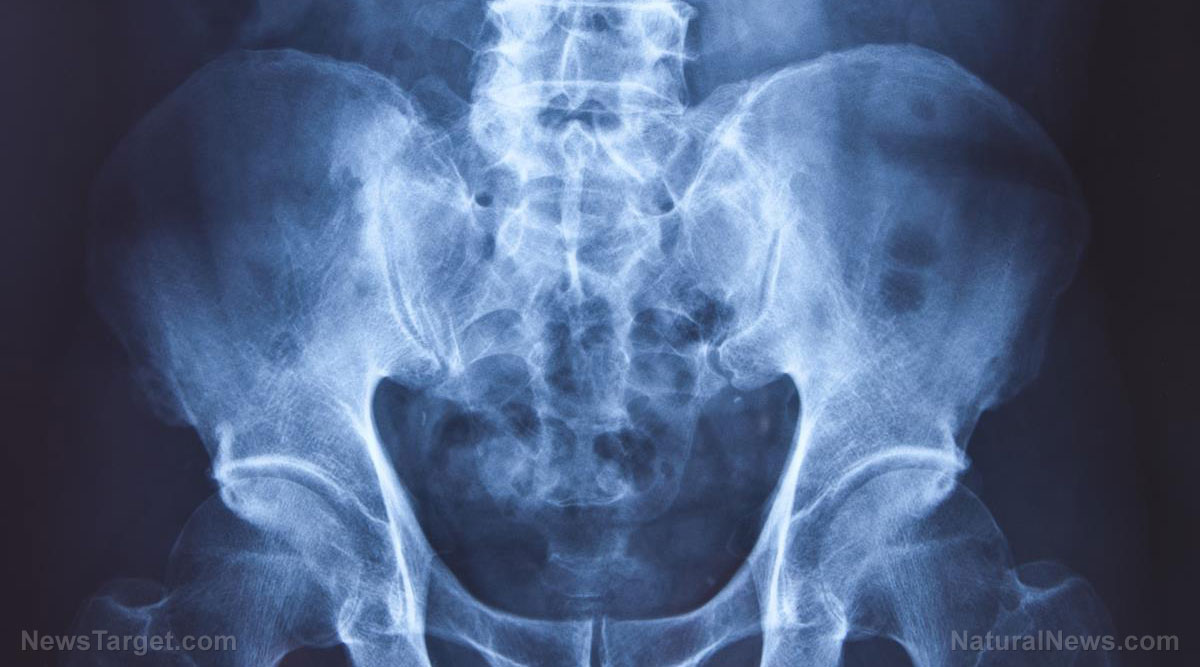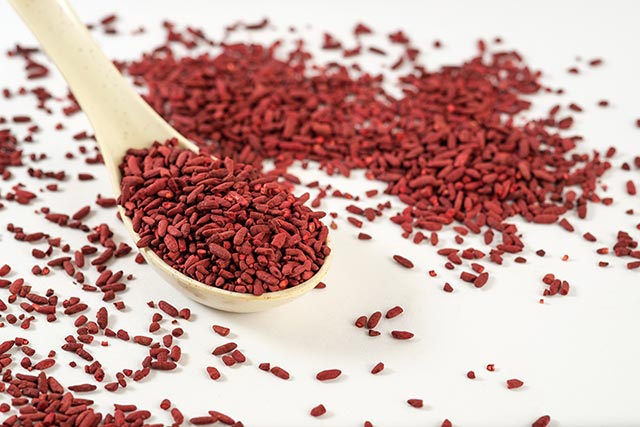Low vitamin K levels associated with disability and mobility limitations in the elderly
01/12/2020 / By Darnel Fernandez

Vitamin K is an essential vitamin that plays a vital role in bone and heart health. It is one of the main vitamins responsible for blood coagulation and bone mineralization and also helps maintain brain function, boost metabolism, and protect against certain cancers. While vitamin K deficiency is rare, a lower-than-average intake of this important vitamin could lead to negative health effects in the future. In fact, recent research suggests that not getting enough vitamin K could even leave a lasting effect on the mobility of the elderly.
A study published in the Journal of Gerontology: Medical Sciences found that low levels of vitamin K circulating the body is associated with an increased risk of disability and mobility limitation in older adults. This study is the first to evaluate the link between the onset of mobility limitation and disability in older adults and the biomarkers of vitamin K status.
“Because of our growing population of older people, it’s important for us to understand the variety of risk factors for mobility disability,” said Kyla Shea, first and corresponding author of the study. “Low vitamin K status has been associated with the onset of chronic diseases that lead to disability, but the work to understand this connection is in its infancy. Here, we’re building on previous studies that found that low levels of circulating vitamin K are associated with slower gait speed and a higher risk of osteoarthritis.”
The link between vitamin K and mobility
In this new study, researchers from the Jean Mayer USDA Human Nutrition Research Center on Aging at Tufts University focused on examining two particular biomarkers of vitamin K status: the circulating levels of vitamin K (phylloquinone) and the functional measure of vitamin K (plasma ucMGP). The researchers used multivariate Cox proportional hazard models to evaluate the link between vitamin K status and mobility limitation and disability.
The researchers define mobility limitation as two consecutive semi-annual reports of having difficulty walking a quarter of a mile or climbing 10 steps of stairs without resting. Mobility disability, on the other hand, is defined as two consecutive instances of having significant difficulty or even inability to walk or climb the same amount. (Related: Vitamin K deficiency found to promote osteoporosis in women.)
Using participant data gathered from 635 men and 688 women aged 70 to 79 enrolled in the Health, Aging and Body Composition Study or Health ABC, the researchers discovered that participants with low levels of plasma phylloquinone were more likely to develop both mobility limitation and disability. The other biomarker, however, was found to not have any association with incident mobility limitation and disability.
To be specific, the researchers found that older adults with lower circulating vitamin K levels were 1.5 times more likely to develop mobility limitations and twice as likely to develop disability compared to participants with sufficient levels of circulating vitamin K. This factor was true for both older men and older women.
“The connection we saw with low levels of circulating vitamin K further supports vitamin K’s association with mobility disability,” said senior author Sarah Booth, a vitamin K and nutrition researcher. “Although the two biomarkers we looked at are known to reflect vitamin K status, biomarker levels can also be affected by additional known or unknown factors. Further experiments to understand the mechanisms of biomarkers and vitamin K and their role in mobility are needed.”
From the results, the study findings suggest that vitamin K may be involved in the disabled process in older age. However, the researchers stress that future studies are required to confirm their findings and search for more clarification on the underlying mechanisms of this phenomenon.
Learn more about the importance of vitamin K and where to get more of it at Nutrients.news.
Sources include:
Tagged Under: #nutrition, aging, bone health, disability, food science, impaired mobility, mobility, nutrients, old age, prevention, research, supplements, vitamin deficiency, Vitamin K
RECENT NEWS & ARTICLES
COPYRIGHT © 2017 SUPPLEMENTS REPORT



















